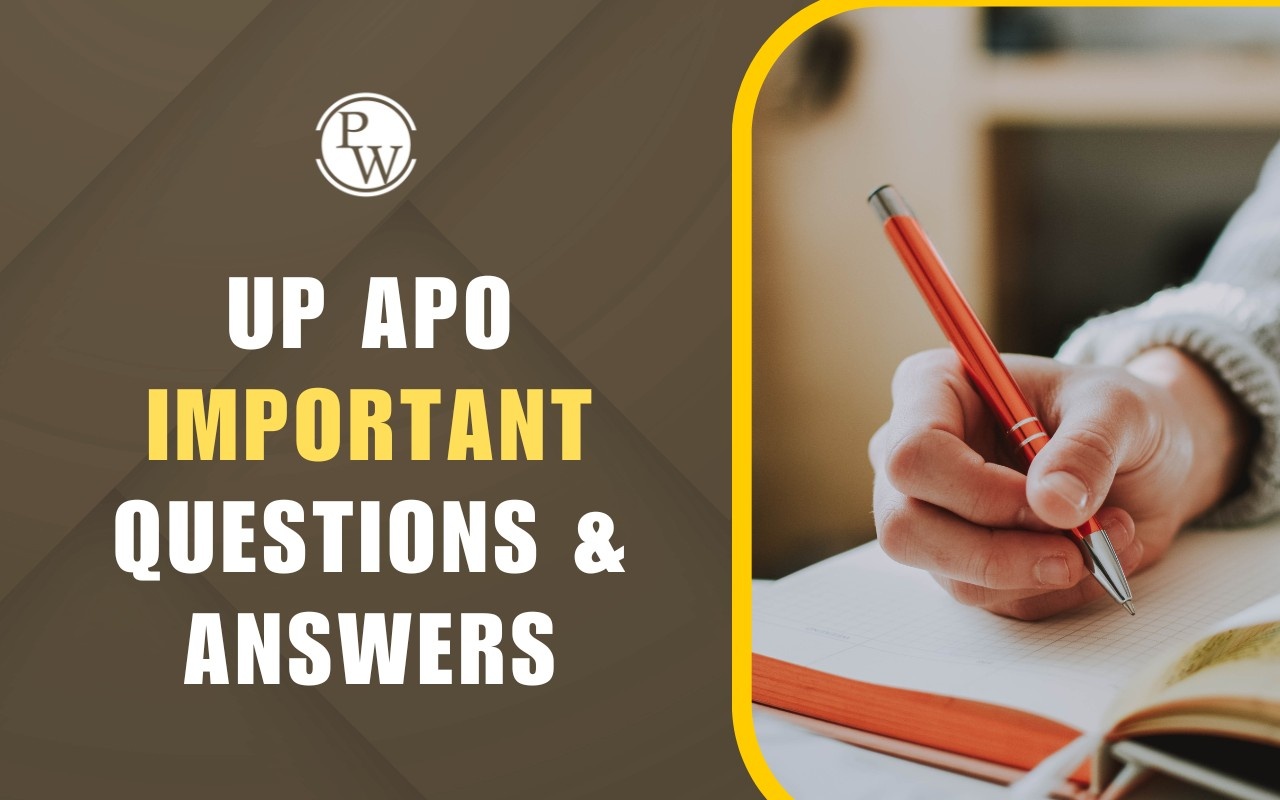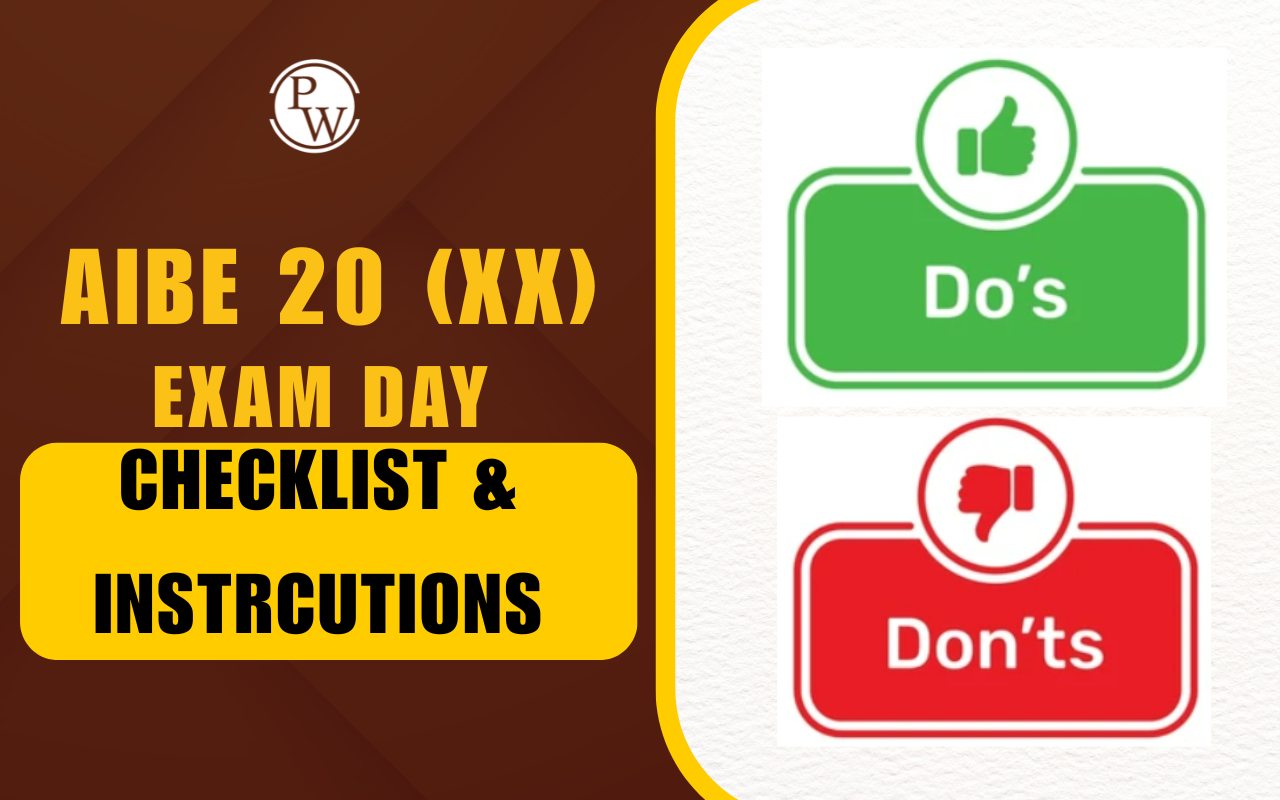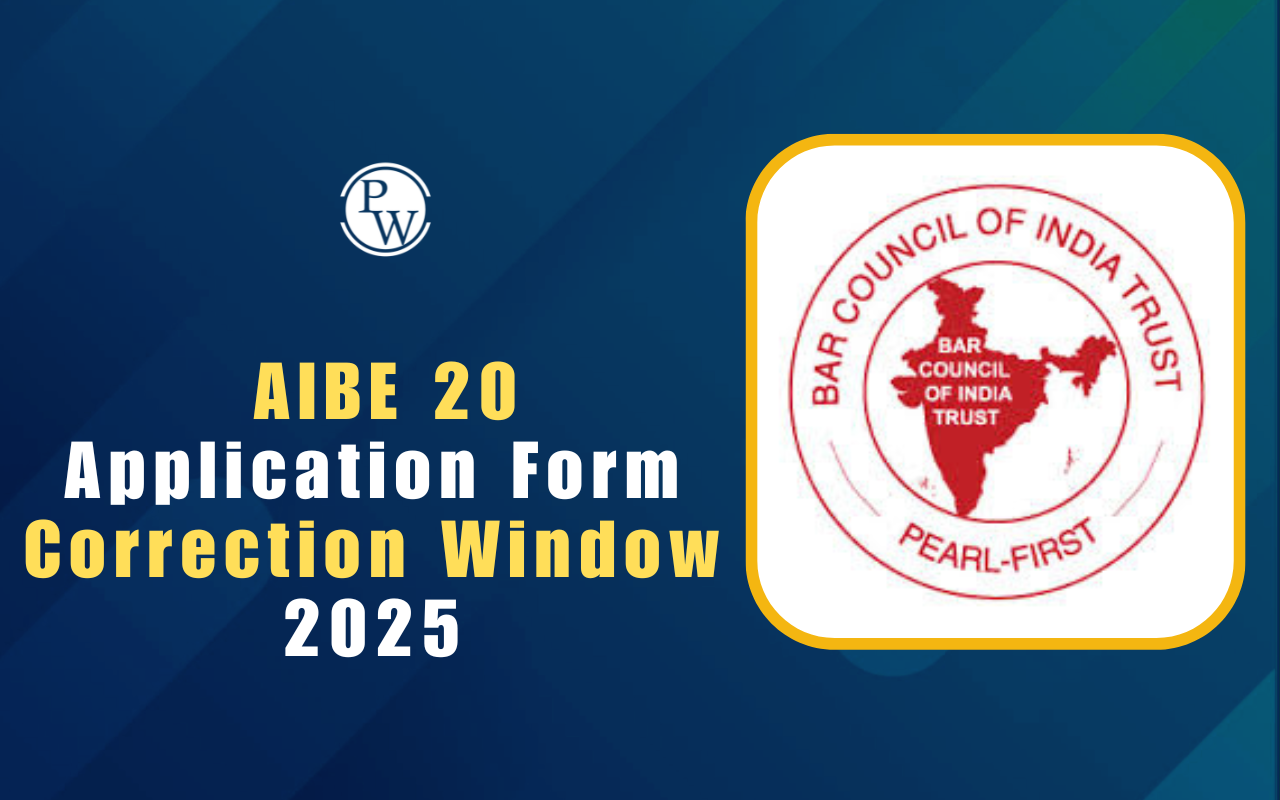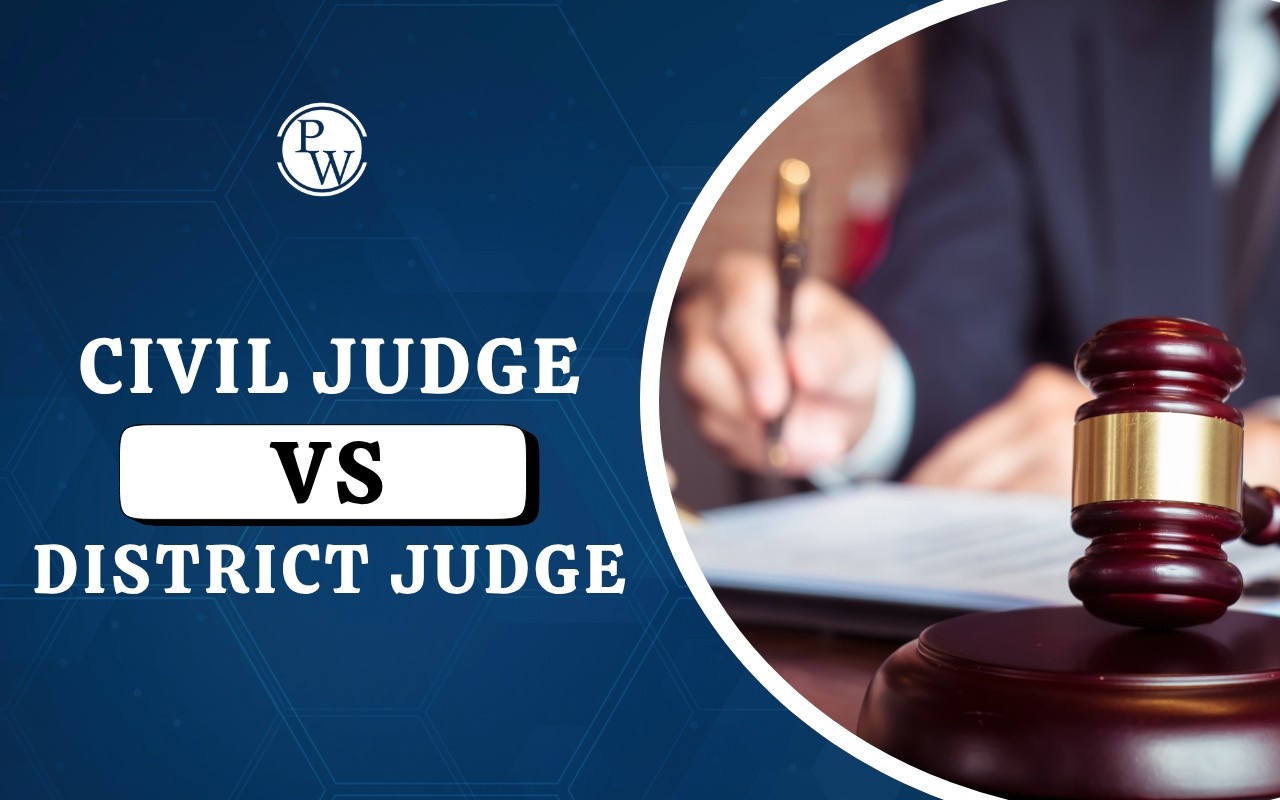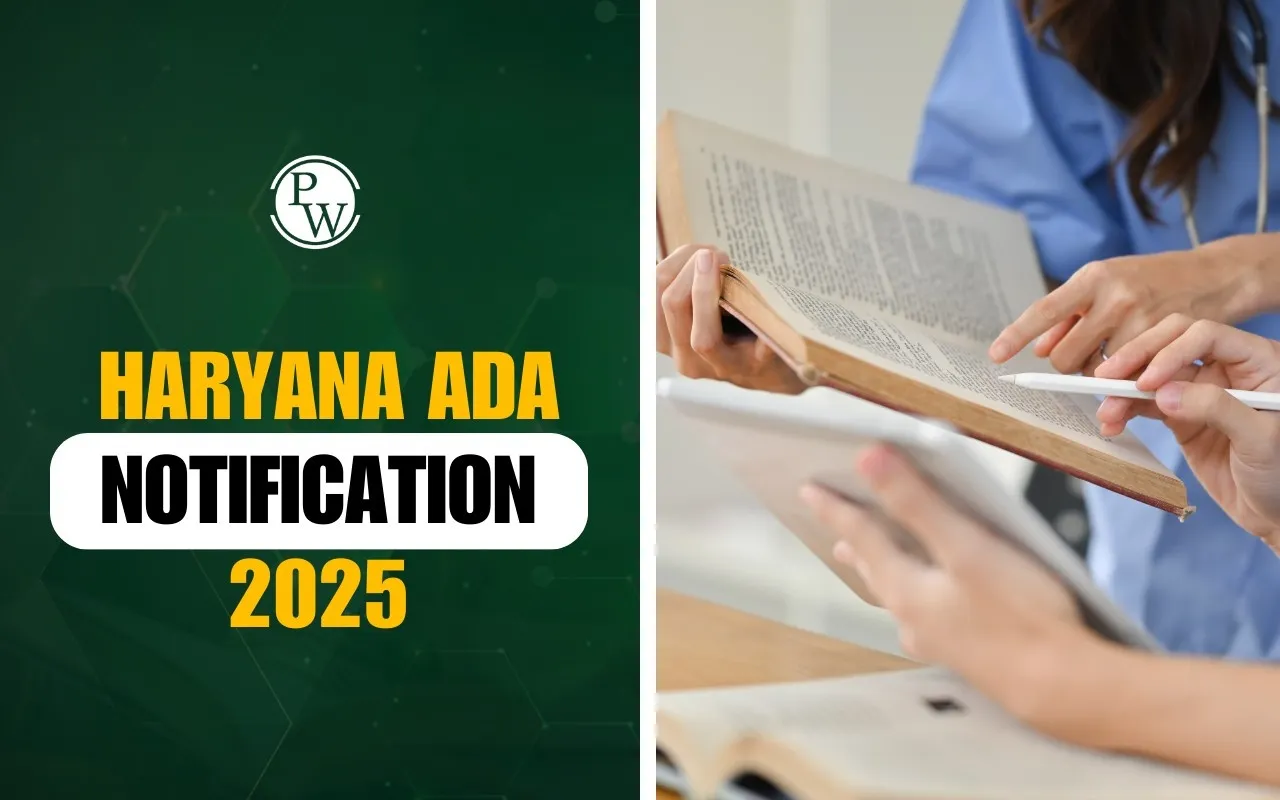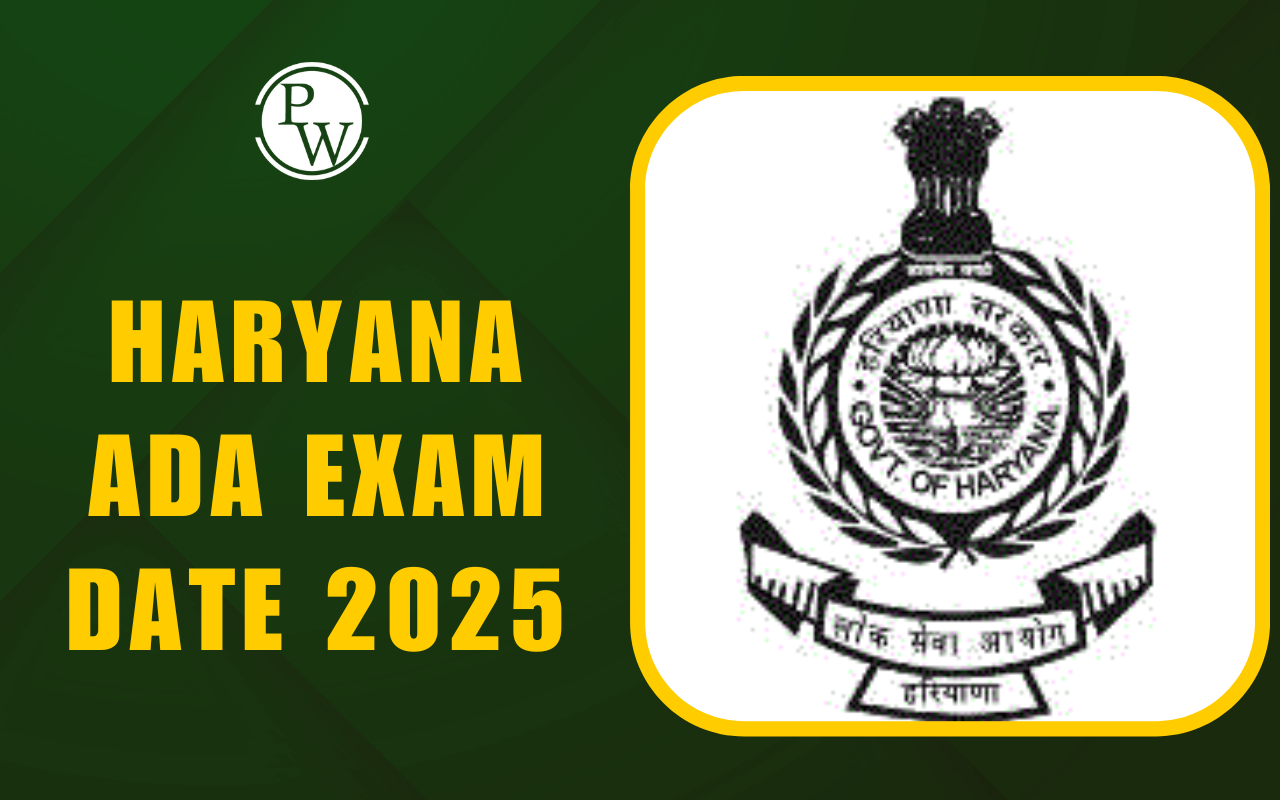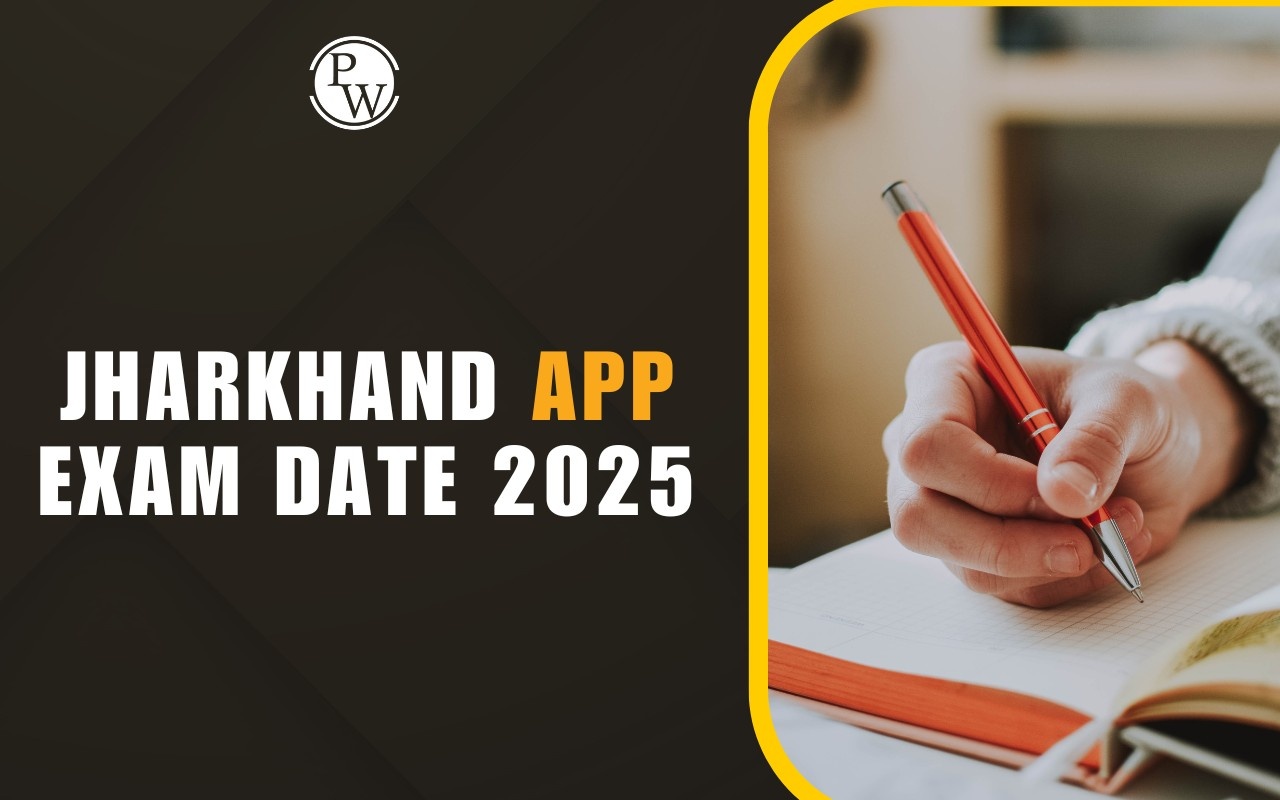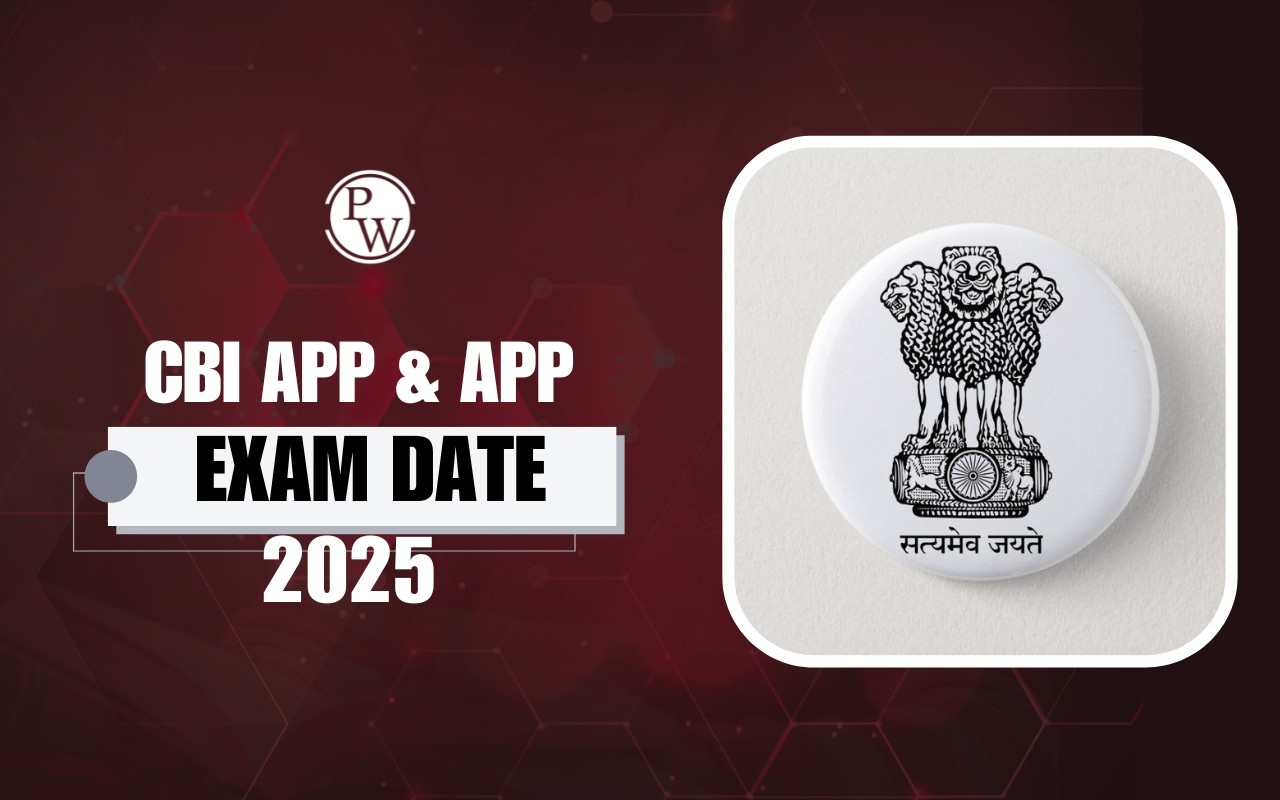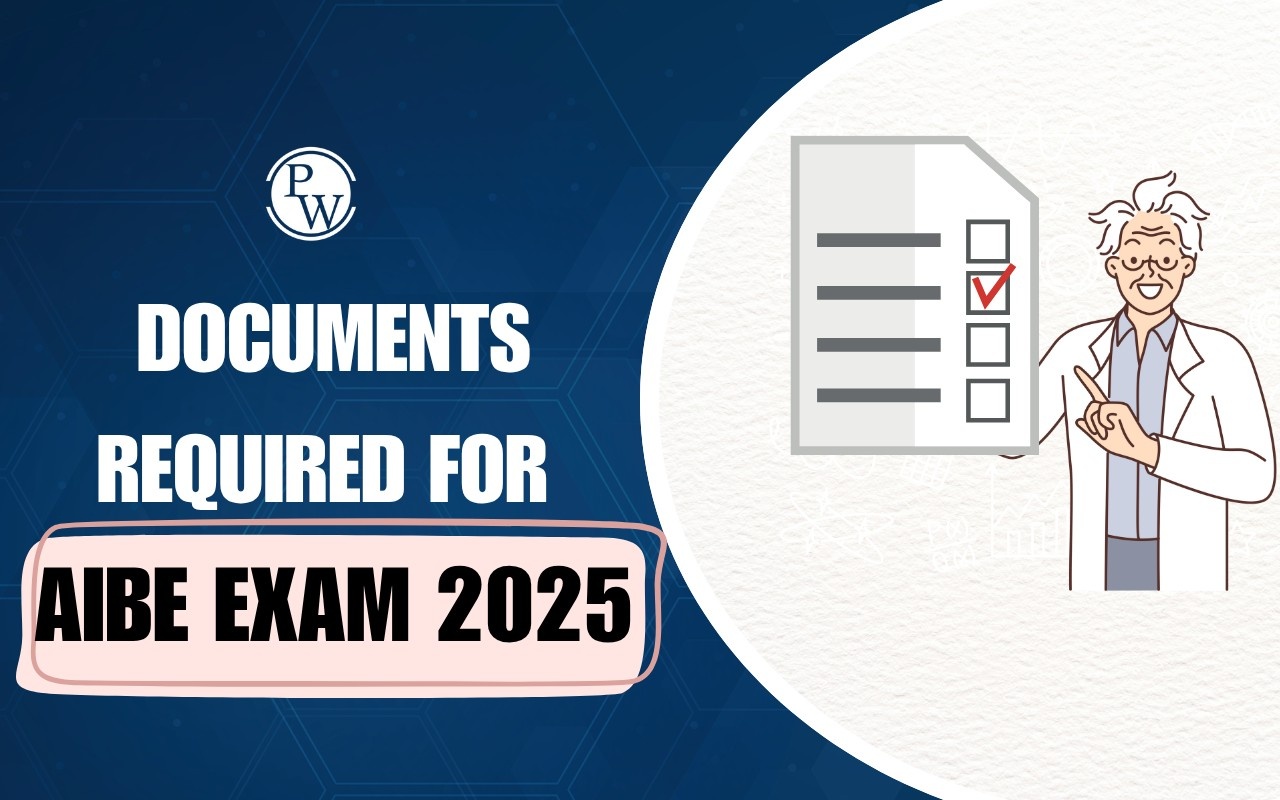
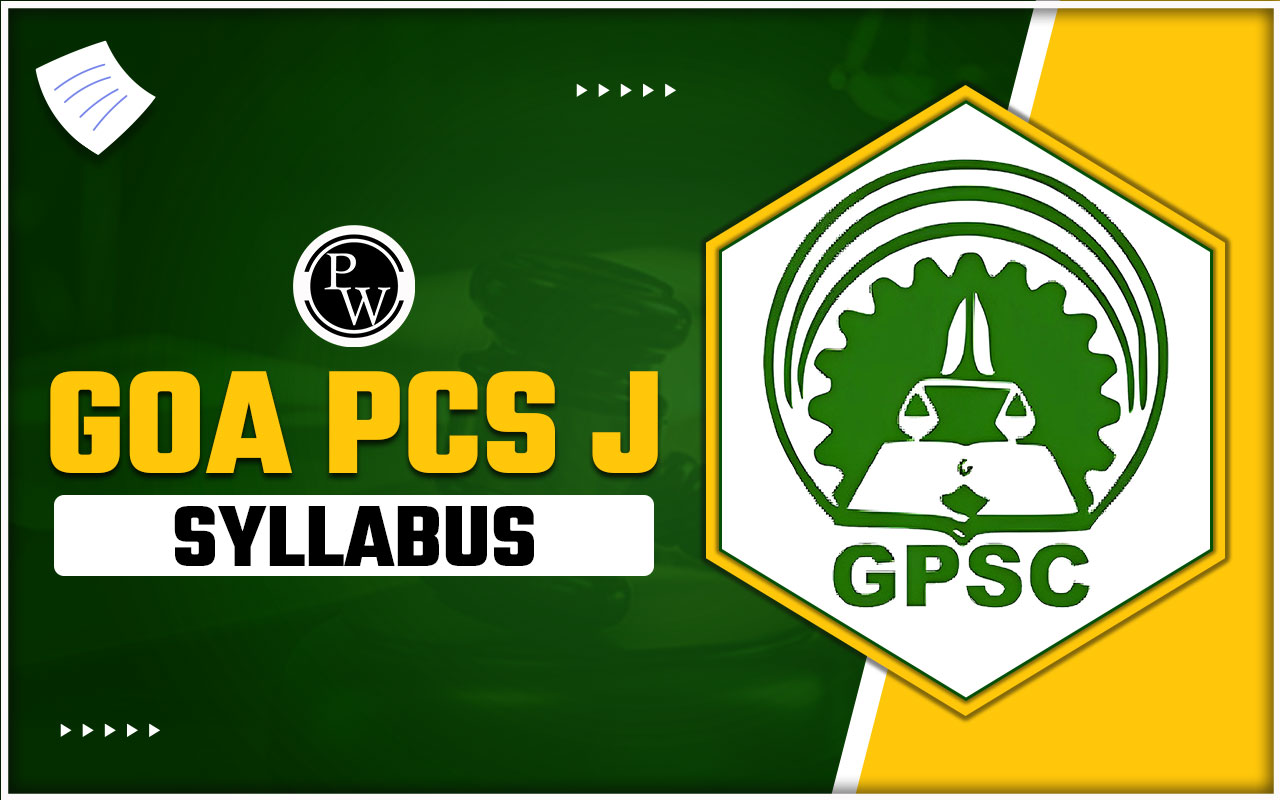
Goa PCS J Syllabus 2024
Goa PCS J Syllabus 2024: In Goa, the Judiciary holds an exam called the Goa Judicial Services Exam to select qualified candidates for roles like Civil Judge, Junior Division, and Judicial Magistrate, First Class. These officers handle civil and criminal cases. The syllabus for this exam, known as the Goa PCS J Syllabus 2024, covers topics such as Indian constitutional law and history, recent national and international events, and candidates' analytical skills. This article provides information on how to apply for the exam and details about the syllabus format and content.
Goa PCS J Syllabus 2024 Highlights
Candidates preparing for the Goa PCS J Examination in 2024 can benefit from the newly provided exam pattern, which includes details for both the preliminary and mains exams, aligning with the updated Goa Judicial Service Syllabus. Adhering to this pattern is strongly recommended for effective preparation.
The examination process comprises three stages: the Preliminary Examination, the Mains Examination (which is a descriptive written exam), and finally, the Viva-voce, which is a personal interview.
| Stage | Description |
|---|---|
| Preliminary Exam | First stage of the Goa PCS J Examination |
| Mains Exam | Descriptive, written exam conducted as the second stage |
| Viva-voce | Personal interview, the final stage of the examination |
Also Read: Goa PCS J Eligibility 2024
Goa PCS J Syllabus 2024 Preliminary Exam
This table shows what you need to study for the first part of the Goa PCS J Exam 2024. It's where you'll face multiple-choice questions about different legal topics. Understanding these subjects is crucial if you want to become a judge in Goa.
| Subjects |
|---|
| The Constitution of India |
| The Indian Contract Act, 1872 |
| The Specific Relief Act, 1963 |
| The Limitation Act, 1963 |
| Sale of Goods Act, 1930 |
| Indian Partnership Act, 1932 |
| The Code of Civil Procedure, 1908 |
| Transfer of Property Act, 1882 |
| The Easement Act, 1882 |
| Family Laws in Goa including Hindu Laws and Muslim Laws |
| Land Laws: The Goa, Daman & Diu Agricultural Tenancy Act,1964, The Goa, Daman & Diu Mundkars (Protection from Eviction) Act, 1975, The Goa, Daman & Diu Buildings (Lease, Rent & Eviction) Control Act, 1968 and Rules, 1969. |
| The Code of Criminal Procedure, 1973 |
| The Indian Penal Code, 1860 |
| The Evidence Act, 1872 |
| The Scheduled Castes & Scheduled Tribes (Prevention of Atrocities) Act, 1989 |
| The Negotiable Instrument Act, 1881 |
Goa PCS J Syllabus 2024 Mains Exam
Here's a table that outlines what you'll study for the main part of the Goa PCS J Exam 2024. In this stage, you'll need to write detailed answers about various legal matters. Knowing the topics listed here will help you prepare well for this important exam.
| Subjects | Marks | Duration |
|---|---|---|
| PCS J Syllabus Mains Paper I | 100 | 3 hours |
| PCS J Syllabus Mains Paper II | 100 | 3 hours |
Goa PCS J Syllabus 2024 Interview
Candidates who score at least 50% (General category) or 45% (Reserved category) on each paper of the Goa PCS J Mains Exams will advance to the Goa Judicial Service Viva-voce, which is worth a total of 50 marks. The interview is conducted not in the form of a rigorous cross-examination, but rather as a casual, yet purposeful conversation designed to unearth the candidate’s intellectual qualities and problem-solving abilities.
| Judiciary Other Related Topics | |
| Karnatak Judiciary Exam 2024 | Chhattisgarh PCS J Syllabus 2024 |
| Uttarakhand judiciary Syllabus | Punjab Judiciary 2024 |
Goa PCS J Syllabus 2024 FAQs
What is the syllabus of PCS J?
Which state judiciary exam is toughest?
Who is eligible for Goa judiciary?
Is LLM necessary for judiciary?
Which state has easiest judiciary?

